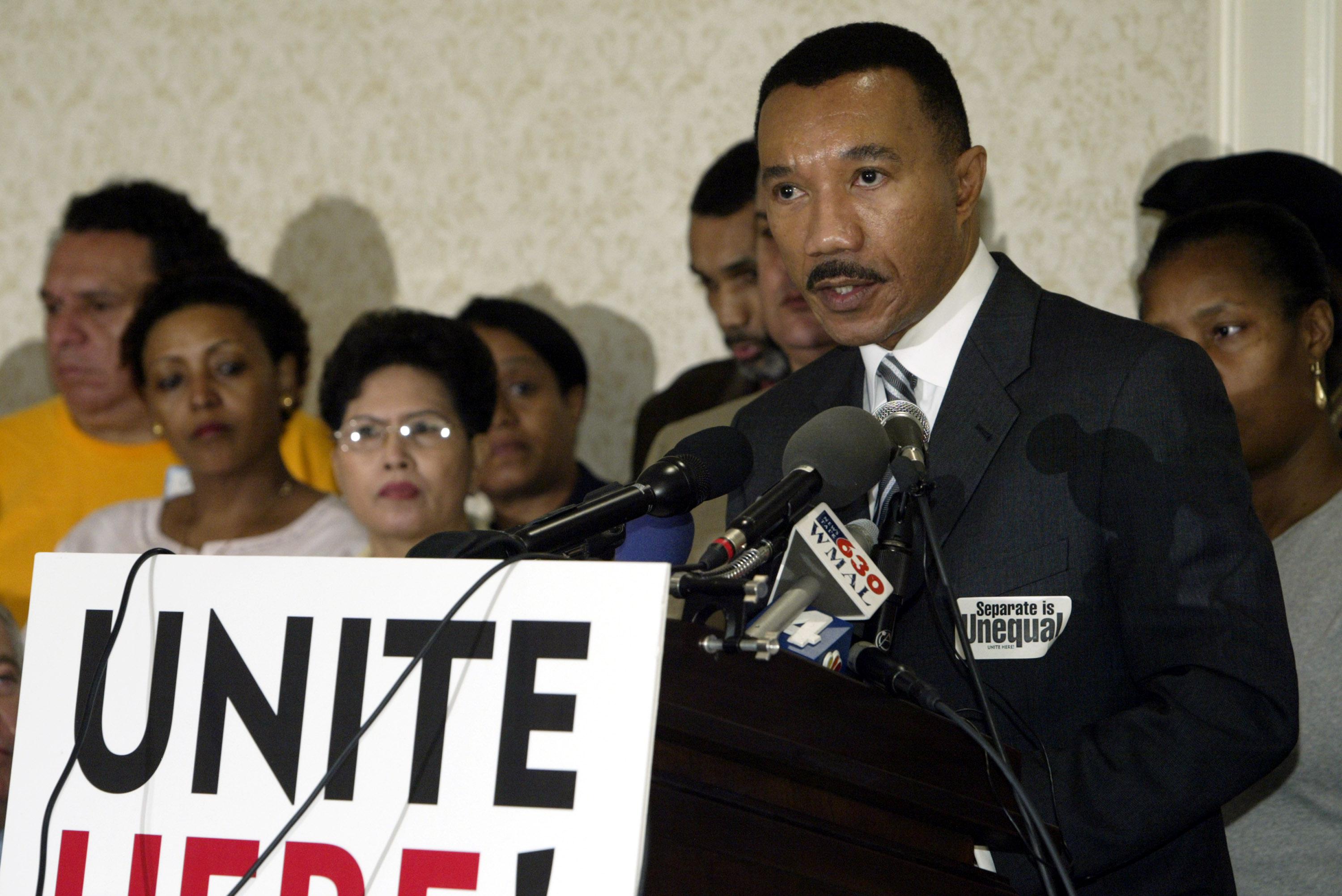It was largely forgotten until last week, but during the middle years of the Bush era, the IRS looked into the tax status of the NAACP. Under the leadership of Julian Bond and Kweisi Mfume, both former legislators, the group had become more outspoken on partisan political topics. Boom—the IRS showed up. In a February 2005 interview with NPR’s Ed Gordon, Bond explained why this was so chilling.
GORDON: Let me ask you, before we get into any of the particulars, whether or not you see this as a crucial crossroads for the organization. Many have suggested that to be the case now.
Mr. BOND: Yes, it is crucial, but certainly not the most crucial crossroads we’ve ever faced. In the 1950s, several states passed laws against us in the South. Several tried to revoke our tax-exempt status. Several tried to get us to turn over our membership files and our donors list. In every case, we refused. In no case did they succeed. Some of these cases took us several trips to the United States Supreme Court before we were vindicated. So we’ve been through this before and I think we’ll come out of this victorious, too.
GORDON: We heard in Christopher Johnson’s piece people discussing whether or not they believed this move by the IRS to be politically motivated, if you will. Do you believe that to be the case?
Mr. BOND: Well, listen, most people, if they’re audited are audited at the end of the tax year after you’ve filed your report and the IRS sees what you deducted, what you didn’t, how you treated your income and so on. For us, it happened in October. Most people who are audited by the IRS are charged with, in this case, influencing an election. There’s no allegation by the IRS that I did that. Instead, in their letter to us, they said I condemned President Bush’s educational, war policies and economic policies, and I plead guilty to that. But I thought the right to condemn a president of the United States came to every American, whether he or she heads a tax-exempt organization or not. And if I’m to be audited, or my organization is to be audited, then 55 million Americans ought to have their taxes audited, too.
Okay, that was then—investigating the NAACP in 2005 was akin to investigations conducted by Jim Crow states. Here’s Bond in 2013, asked about the tax status questions the IRS sent to groups like the Liberty Township Tea Party.
I think it’s entirely legitimate to look at the tea party. Here are a group of people who are admittedly racist, who are overtly political, who’ve tried as best they can to harm President Obama in every way they can.
This is hypocritical, obviously, but Bond’s trying to shift the Overton window. It’s actually not unheard of for pols to insist that partisan-looking organizations should get another snoop from the IRS. Republicans actually did this after the AARP endorsed Obamacare. Democrats did a bunch of it as Americans For Prosperity, American Crossroads et al threw their bank accounts at liberal candidates in 2010 and 2013.
